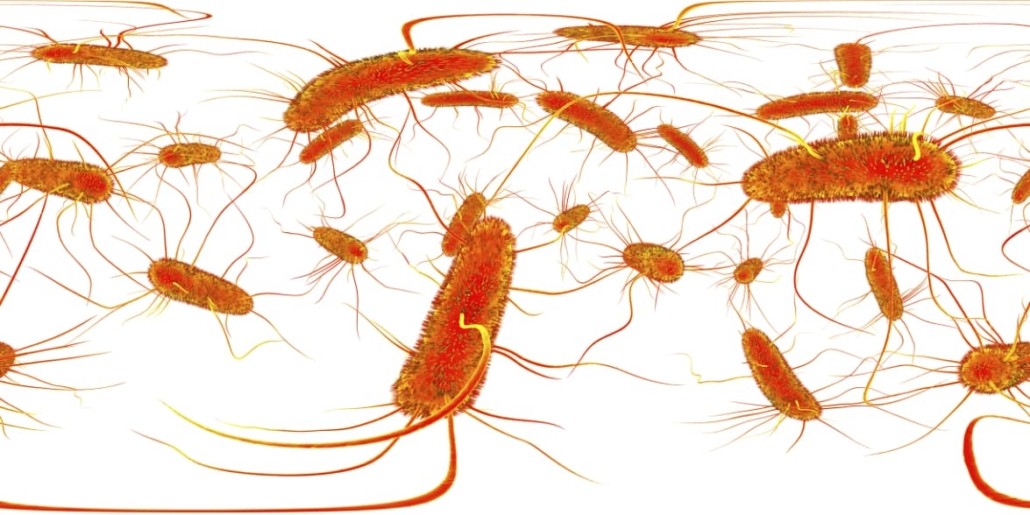New network launches to combat antimicrobial resistance in UK agrifood systems
The fight against antimicrobial resistance (AMR) in the UK’s food production sector has gained a powerful ally. The newly launched AMR in Agrifood Systems Transdisciplinary (AMAST) Network aims to unite diverse stakeholders from farm to fork, tackling the complex challenge of AMR through innovative, collaborative approaches. This £650,000 UKRI-funded initiative promises to reshape our understanding and management of AMR in agrifood systems.
The AMR in Agrifood Systems Transdisciplinary (AMAST) Network has been established to address the growing concern of antimicrobial resistance (AMR) in the UK’s food production chain. Launched on 23rd July 2024, this innovative initiative aims to bring together diverse stakeholders from across the agrifood sector to tackle the complex challenges posed by AMR.
Transdisciplinary approach
AMAST, which received approximately £650,000 in funding from UK Research and Innovation (UKRI), is set to adopt a novel, bottom-up approach to identifying and solving AMR-related issues in the agrifood system. The network will unite academics from various disciplines with industry professionals, creating a unique platform for collaborative problem-solving.
Dr Matthew Gilmour from the Quadram Institute, who will coordinate the network, emphasised the importance of this inclusive strategy: “The agrifood system is incredibly complex with a diverse community of key players that are involved in the production of safe and nutritious foods. So understanding the challenges of AMR requires a non-traditional approach that pulls together the whole community.”
Comprehensive stakeholder involvement
AMAST’s scope encompasses the entire food production chain, from primary production in crop, livestock, and aquaculture sectors through to consumer-facing operations. This holistic approach ensures that all potential AMR hotspots within the agrifood system are addressed.
The network boasts an impressive roster of partners, including leading academic institutions such as the Quadram Institute, Newcastle University, and the Royal Veterinary College. Industry collaborators like the Agriculture and Horticulture Development Board, the Animal and Plant Health Agency, and the Food Industry Initiative on Antimicrobials (FIIA) further strengthen the network’s practical relevance.
Methodology and objectives
AMAST will employ a variety of methods to gather insights and foster collaboration among its members. These include:
- Interviews with key stakeholders
- Workshops to facilitate knowledge exchange
- Themed community meetings to address specific AMR challenges
The primary objectives of the network are to:
- Identify key AMR threats within the agrifood sector
- Prioritise areas of opportunity for AMR mitigation
- Highlight knowledge gaps requiring further research
- Develop innovative solutions through collaborative efforts
Implications for food science
For food scientists, the establishment of AMAST represents a significant step towards addressing one of the most pressing issues facing the industry. The network’s transdisciplinary approach is likely to yield novel insights into AMR mechanisms within food production systems, potentially leading to the development of new control strategies.
The involvement of diverse stakeholders, including social scientists and industry partners, may also provide food scientists with fresh perspectives on the societal and economic impacts of AMR in the agrifood sector. This holistic view could inform future research directions and policy recommendations.
Looking ahead
As AMAST begins its work, food scientists are encouraged to engage with the network and contribute their expertise. The collaborative nature of the initiative presents an opportunity for cross-pollination of ideas and the potential for breakthrough discoveries in AMR mitigation.
Dr Gilmour’s experience with the Food Safety Research Network has shown the value of such collaborative approaches: “We’ve seen how a collaborative, transdisciplinary approach built with stakeholders can uncover innovative ways to combat complex problems like AMR.”
With AMR posing an increasingly serious threat to global health and food security, the launch of AMAST marks a significant milestone in the UK’s efforts to safeguard its agrifood system. As the network progresses, it is expected to generate valuable insights and strategies that will benefit not only the UK food industry but potentially contribute to global efforts in combating AMR.
- Food scientists interested in joining or learning more about the AMAST Network can visit AMAST.org.uk for further information and registration details.



